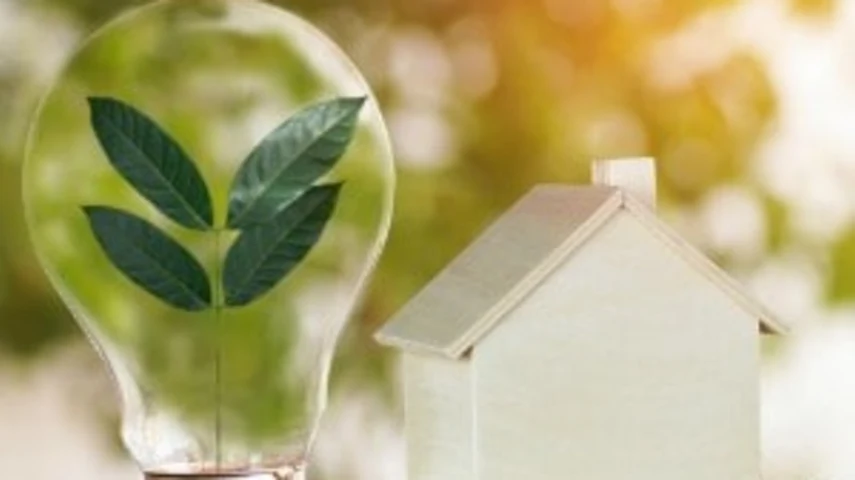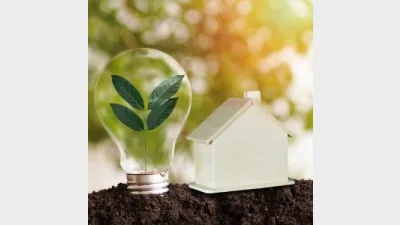What does choosing an impact investment mean for returns?



The average annualised returns for impact investment products was 5.3% during 2018-19, according to a report by the Responsible Investment Association Australasia (RIAA).
In its Benchmarking Impact 2020 report, which was carried out by Deakin University and surveyed 117 Australian-domiciled and offshore products, the association said the average return (net of fees) was 5.3% between 1 January, 2018 and 31 December, 2019 but reached as high as 11.3% for certain assets. During 2018, returns were 4.1% and this then rose to returns of 6.4% in 2019.
The ASX 200 reported significant returns of 23.4% during 2019 but this gain was offset by negative losses of 2.8% during 2018.
Public equity netted investors the best returns with positive gains of 11.3% while private debt had the smallest gains of 3.5%. Green social bonds returned 5.1%, social impact bonds returned 3.9%, and real assets returned 7.4% over the study period.
By the end of 2019, there were 111 impact investment vehicles available to Australasian investors valued at $19.9 billion, which was up from just two products in 2010 with a value of $30 million. However, seven vehicles during the study period.
The majority of products were green, social and sustainability bonds which made up 85% of the market, representing some $17 billion of assets.
The financial returns of those investments targeting environmental outcomes, some 87% of the market, were higher on an average basis than those for investments targeting a social outcome at 5.5% and 4.4% respectively.
RIAA said this could be investors that targeted deep impact for disadvantaged communities may have lower expectations for financial returns.
Simon O’Connor, chief executive of the RIAA, said: “This study charts the significant growth in investor awareness and interest in impact investing over recent years, as Australian investors increasingly see the strong performance of many impact investment products, as well as respond to the increasing demand from their clients and customers for their money to deliver positive impact and avoid harm”.
Recommended for you
Global asset manager Janus Henderson could be acquired after receiving a non-binding acquisition proposal jointly from a private investment firm and venture capital firm.
Investment manager Salter Brothers has partnered with private equity firm Kilara Capital to launch an Australian sustainable investment platform focusing on decarbonisation.
Fresh off launching three active ETFs to the Australian market, Avantis Investors is already planning to expand its range with two further products next year.
Ausbil is growing its active ETF range with an ESG product in collaboration with sister company Candriam.












